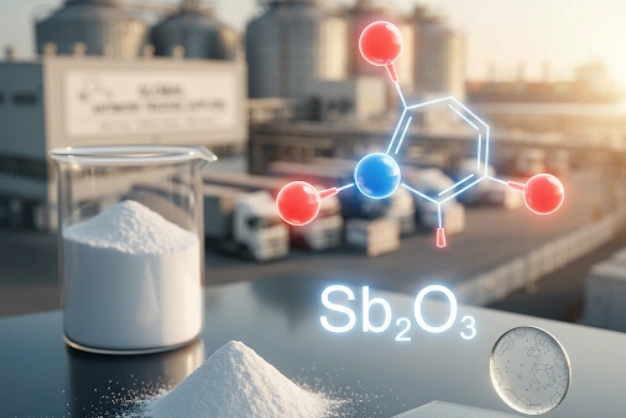TABLE OF CONTENTS
TABLE OF CONTENTS
Introduction
Physical Characteristics
Appearance
Molecular Weight
Solubility
Other Relevant Properties
Boiling Point
Melting Point
Density
Boiling Point
Melting Point
Density
Safety Information
Handling Guidelines
Storage Instructions
Disposal Methods
Material Safety Data Sheet (MSDS)
Applications and Uses
Cosmetics Industry
Lubricants
Coatings
Other Industries
Product Specifications
Purity
Acid Value
Iodine Value
Technical Data Sheet
Comparison with Other Fatty Acids
Comparison with Stearic Acid
Comparison with Oleic Acid
Advantages of Isostearic Acid
Environmental Impact and Sustainability
Eco-friendly Aspects
Sustainable Sourcing
Industry Standards and Certifications
Conclusion
FAQs
What is Isostearic Acid?
Isostearic Acid is a branched-chain fatty acid known for its stability and versatility. It is commonly used in various industries, including cosmetics, lubricants, and coatings, due to its unique properties.
What are the main uses of Isostearic Acid?
Isostearic Acid is used in cosmetics for its emulsifying properties, in lubricants for reducing friction and wear, and in coatings for enhancing durability and resistance. It is also used in other industries like pharmaceuticals and food processing.
How should Isostearic Acid be stored?
Isostearic Acid should be stored in a cool, dry place away from direct sunlight and sources of heat. The ideal storage temperature is between 10°C and 30°C (50°F and 86°F). Ensure containers are tightly sealed to prevent contamination.
What safety precautions should be taken when handling Isostearic Acid?
When handling Isostearic Acid, use personal protective equipment (PPE) such as gloves, goggles, and protective clothing to prevent skin and eye contact. Follow proper handling procedures and refer to the Material Safety Data Sheet (MSDS) for detailed safety information.
Is Isostearic Acid eco-friendly?
Yes, Isostearic Acid is biodegradable, which minimizes its environmental impact. It is also sourced sustainably, supporting eco-friendly practices in product development.
What are the benefits of using Isostearic Acid in cosmetics?
In cosmetics, Isostearic Acid acts as an excellent emulsifier, helping to blend ingredients smoothly. It also provides moisturization and improves the texture of skincare and personal care products.
How does Isostearic Acid compare to other fatty acids like Stearic Acid and Oleic Acid?
Isostearic Acid differs from Stearic Acid and Oleic Acid in its molecular structure and properties. It remains liquid at room temperature, unlike Stearic Acid, which is solid. Compared to Oleic Acid, Isostearic Acid offers better oxidative stability and lower iodine value, making it more suitable for applications requiring long-term stability.
What is the typical purity level of Isostearic Acid?
The typical purity level of Isostearic Acid is around 98-99%. High purity ensures better performance and consistency in its applications.
Can Isostearic Acid be used in food products?
Yes, Isostearic Acid can be used in the food industry, but it is essential to ensure it meets food-grade quality standards and regulatory requirements. Always check the specifications and certifications when using it in food applications.




